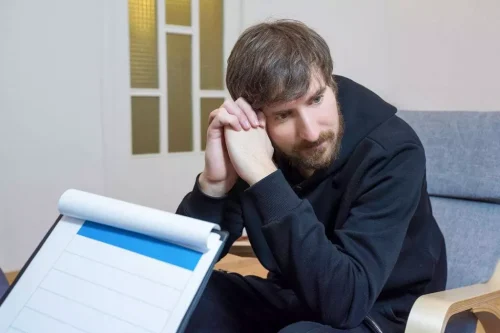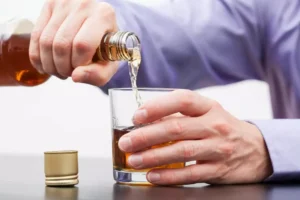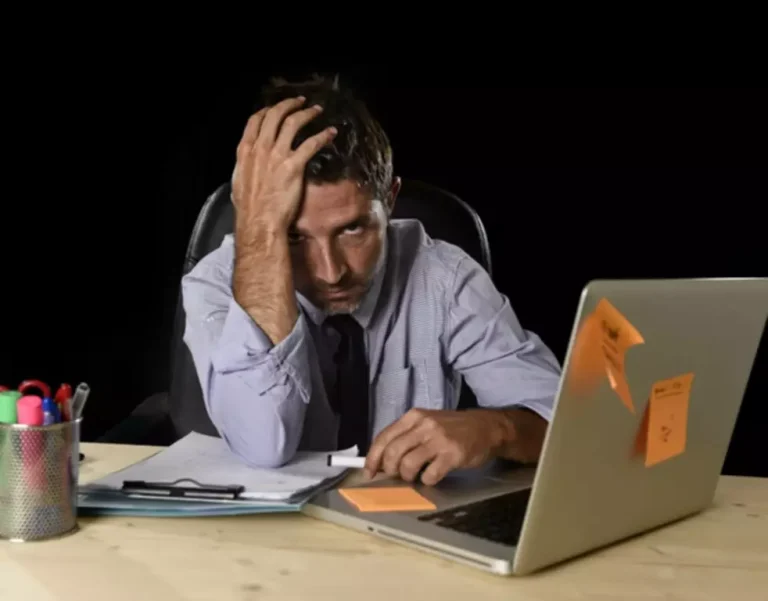
Healthcare professionals use specific criteria to diagnose a person with OUD. People with OUD can also find support from various organizations. The Diagnostic and Statistical Manual of Mental Disorders, Fifth Edition, Text Revision (DSM-5-TR) is the handbook mental health and healthcare professionals use to diagnose mental health conditions. The success of therapy for substance use disorder varies by patient and by severity of the disorder.
DSM-5-TR diagnostic criteria for opioid use disorder

Inpatient treatment offers 24-hour access to medical professionals and an intensive program tailored to the needs of each person. 12-step programs, such as Narcotics Anonymous (NA), provide social support and a network of people who understand what it’s like to struggle with opiate addiction. They also offer step-by-step guidance on how to stay clean and sober. When you take more than the recommended amount of opiates, it can lead to respiratory depression and other life-threatening symptoms.
Finding support for opioid use disorder
Opioids have analgesic and sedative effects, and such medicines as morphine, codeine and fentanyl are commonly used for the management of pain. Opioid medicines methadone and buprenorphine are used for maintenance treatment of opioid https://ecosoberhouse.com/ dependence. After intake, opioids can cause euphoria, which is one of the main reasons why they are taken for non-medical reasons. Opioids include heroin, morphine, codeine, fentanyl, methadone, tramadol, and other similar substances.
What is opioid use disorder?
Early in the process of opioid use disorder, people may take an opioid drug because of the pleasurable effect. A person may take opioids more frequently or at higher doses to restore the euphoria or, as the condition progresses, to avoid withdrawal symptoms. Ask yourself some questions about your loved one’s personal risk of opioid use disorder and the changes you’ve seen. Reach out to your loved one’s healthcare professional if your answers point toward a possible addiction.

- Certain medications can help modify your brain chemistry to help treat OUD.
- They are typically held after the person has been approached about their addiction, but denied having a problem or refused to get help.
- With over 16 million affected globally and 2.1 million in the United States, the course emphasizes the urgency of identifying and promptly treating persistent opioid use and misuse.
- After intake, opioids can cause euphoria, which is one of the main reasons why they are taken for non-medical reasons.
- It’s like getting a map when you’re lost in the woods – you need to know where you are before you can figure out how to get where you want to go.
The brand names Narcan (4 mg/spray) and ReVive (3 mg/spray) are available over-the-counter (OTC). If you come upon someone who has overdosed, call 911 immediately. The abuse of opioids can have long-lasting effects on someone’s health, possibly even resulting in death. Someone living with opioid abuse may be in overall poor health.
- Once a substance use disorder (SUD) is identified, it’s vital to seek support as soon as possible.
- If you or someone you care about is addicted to heroin, it’s important to get help.
- Opioid dependence simply refers to the development of tolerance or withdrawal.
- They are typically prescribed following surgery or serious injury, or to manage long-term pain caused by cancer and other conditions.
- This is particularly relevant for people with opioid use disorders and leaving prison, as they have very high rates of opioid overdose during the first four weeks after release.
You can join them in trying out different hobbies, sports, or other interests that promote a healthy lifestyle. Learning about addiction and its effects can help you understand what your loved one is going through. BetterHelp can connect you to an addiction and mental health counselor. With continued opiate use, the body opioid addiction treatment adapts and starts producing fewer of its natural painkillers (endorphins). This means it begins to rely on the drug for pain relief and to feel normal. Because of this, opiates are strictly regulated by law under the Controlled Substances Act (CSA), and it’s illegal to be in possession of them without a prescription.
Find a Treatment Center

